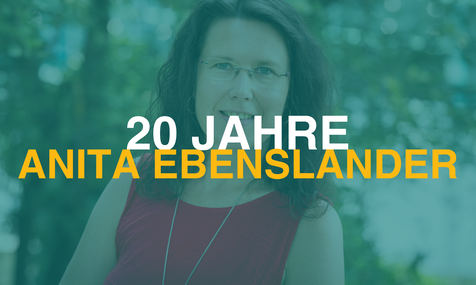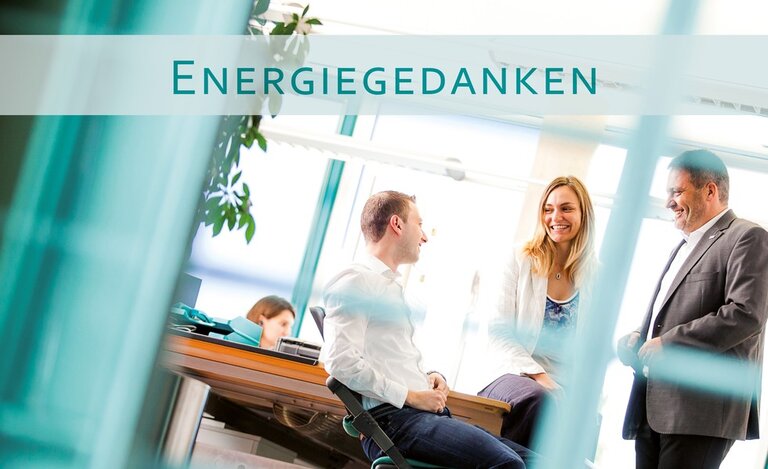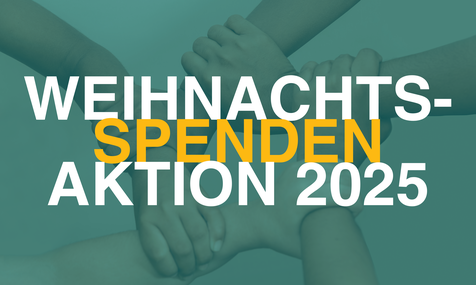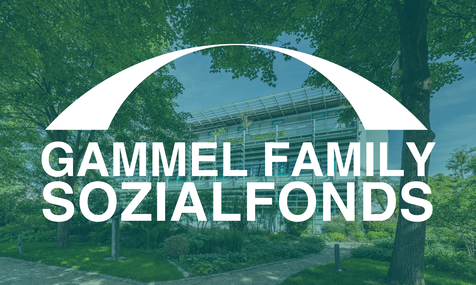That too: EU funds Südlink power line
Maroš Šefčovič, Vice-President of the EU Commission and responsible for the Energy Union, calls it "promotion" in a press release. But for critical minds, the details simply read like a plan for rushing the pipeline through without much consideration for the environment and other losses.
The two regionally responsible TSOs "TenneT and TransnetBW submitted the application for federal sectoral planning in accordance with Section 6 of the Grid Expansion Acceleration Act (NABEG) to the Federal Network Agency on March 17, 2017," it says succinctly on the website https://www.transnetbw.de/de/suedlink/ .
However, they are now to receive the following "benefits" from the EU Commission: "a) streamlined approval procedures (with a binding maximum duration of three and a half years)
b) better, faster and more streamlined environmental impact assessments,
c) a single national competent authority (one-stop shop) to coordinate all permitting procedures."
What exactly this means remains hidden in the fog of the EU regulations. However, something that was previously only heard behind closed doors becomes clear: "Apart from Germany, all of the countries bordering Germany - especially in the east - also benefit from the Südlink."
Because of this "tangible benefit for at least two EU Member States", the Commission is also promising "financial support under the Connecting Europe Facility (CEF) in the form of grants and innovative financing instruments". This is what it says in EU papers. Because: "The aim is to integrate renewable energy sources across borders."
http://europa.eu/rapid/press-release_MEMO-17-4708_de.htm
The line is therefore by no means only intended for the "transport of wind power from Schleswig-Holstein to Bavaria", as has always been claimed by the TSOs, the federal and state governments and the Federal Network Agency (BNetzA)
Decentralization, on the other hand, will fall by the wayside: Combined heat and power generation, onshore solar or wind power and storage are no longer up for debate. Ever higher hurdles are being built for their approval and operation, such as the Bavarian "10-H" Wind Power Prevention Act or the EEG levy on solar and CHP electricity.
The EU bureaucrats clearly like all of this: "Considerable efforts are being made to improve the grids, but the delays to important projects are considerable, partly due to political resistance." This is now apparently to be overcome. Such support measures also help. Until now, the Südlink planners have assumed that: "The necessary replanning will delay the commissioning originally planned for 2022 by three years." The fast-track approval procedure wanted by the EU could save this time again.
(Author: Zukunftsenergie-Team Gammel)



